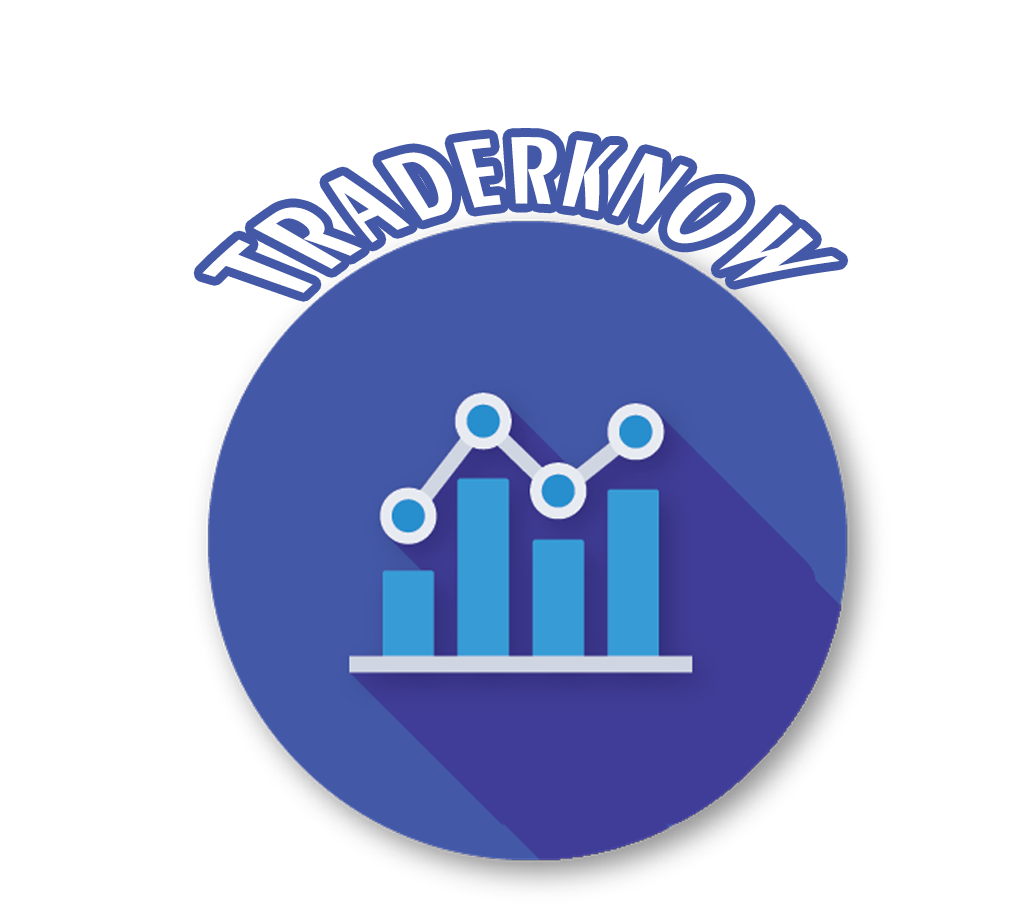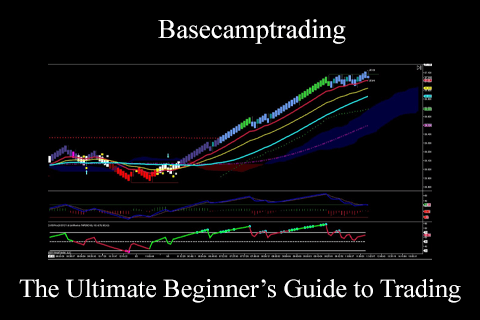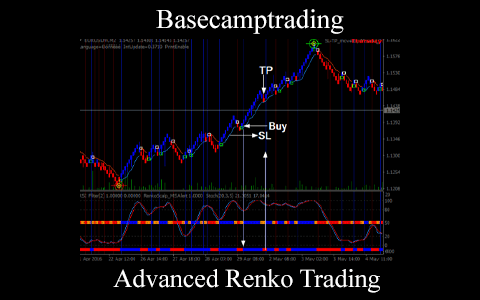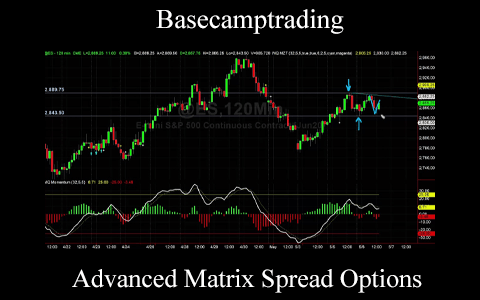Trading refers to the buying and selling of financial instruments, such as stocks, bonds, commodities, currencies, and other securities, with the aim of making a profit. Traders can operate in various financial markets, including stock markets, foreign exchange (forex) markets, commodity markets, and cryptocurrency markets.
There are different types of trading strategies and approaches, and traders often use technical analysis, fundamental analysis, or a combination of both to make decisions. Technical analysis involves studying historical price charts, patterns, and indicators to predict future price movements, while fundamental analysis involves evaluating the underlying factors that may affect the value of an asset, such as economic indicators, financial statements, and news.
Traders can have different time horizons, ranging from short-term intraday trading to longer-term position trading or investing. Some common trading styles include day trading, swing trading, and trend following. Day traders aim to profit from short-term price fluctuations within a single trading day, while swing traders hold positions for a few days to weeks, and trend followers aim to capture the longer-term directional movements in the market.
It’s important to note that trading involves risks, and individuals should be aware of the potential for financial losses. Successful trading requires a good understanding of the markets, a well-defined strategy, risk management, and discipline.
More courses from this author: Basecamptrading
Course Features
- Lectures 1
- Quizzes 0
- Duration 10 weeks
- Skill level All levels
- Language English
- Students 0
- Assessments Yes







